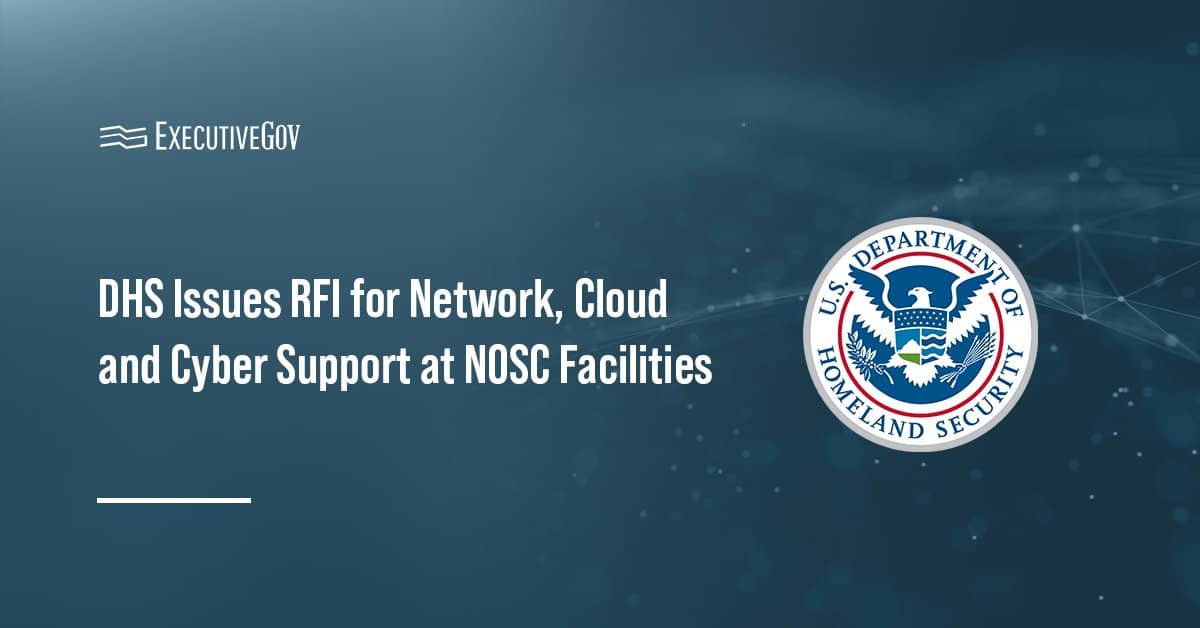
President Donald Trump has nominated Lt. Gen. Bradford Shwedo, chief information officer of the U.S. Air Force, to be CIO at the Joint Chiefs of Staff.
Shwedo will also serve as JCS director of command, control, communications and computers/cyber, the Defense Department said Wednesday.
As USAF CIO, he oversees portfolio management, enterprise architecture delivery and Freedom of Information Act and Privacy Act implementation efforts across the service branch.
He also leads the integration of the branch’s warfighting and mission support systems, as well as the creation of strategy, doctrine and policy for its cyberspace operations.
Shwedo concurrently serves as chief of information dominance at USAF and previously commanded the 25th Air Force at Joint Base San Antonio-Lackland in Texas for nearly two years.





